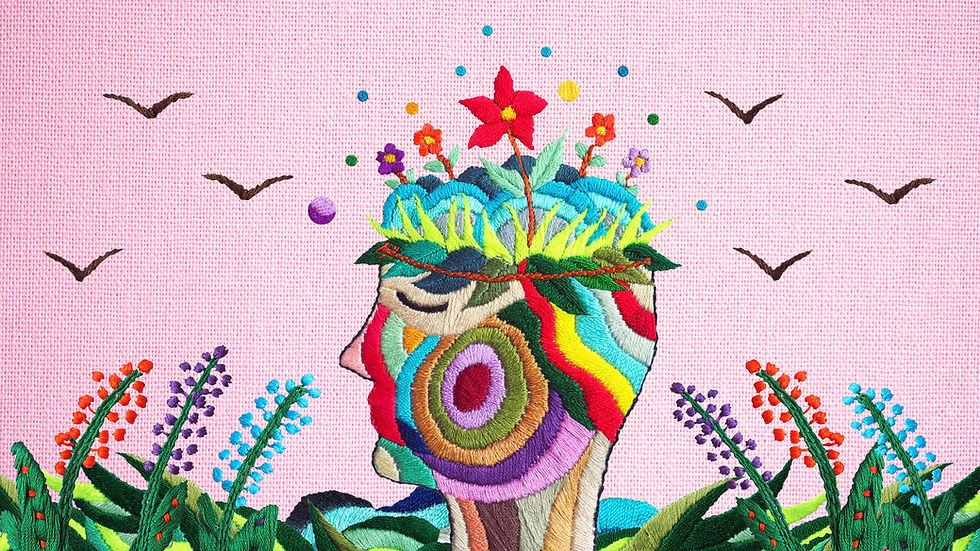Practice Self-Compassion to Improve Your Confidence and Self-Esteem
- Wendy Summer

- Mar 31, 2025
- 3 min read

Clients reach out to me all the time because they want to improve their self-esteem. But what most people do not realize is that their confidence level is a direct result of their relationship with themselves. Just like in any relationship, if you are critical or self-attacking of the other person, then that relationship suffers. If you are kind and understanding, then the relationship strengthens.
It is no different with a self-to-self relationship. Your self-esteem is a result of how you treat yourself. And most times, how you treat yourself is a result of how you learned to treat yourself when you were growing up. While it is very helpful to heal childhood wounds through therapy or other modes of self-improvement, you don’t have to wait for deeper healing to start to improve your relationship with yourself. You can start now with these suggestions.
Notice what kind of relationship you have with yourself. You are in constant, minute-by-minute, connection with yourself. Take note of the quality of that relationship. How do you talk to yourself? How do you feel about yourself? If you struggle with self-esteem issues, my guess is that you are pretty hard on yourself at times and may even go into self-attack mode without noticing that you are doing so.
Practice using “kind eyes” when looking at yourself. I often asked my clients who are being hard on themselves to pause and put on their “kind eyes” – in other words, to bring in compassion and understanding to their view of themselves. More often than not, they are able to give themselves some credit and be a little gentler with themselves.
See if you can look at some of your own struggles with kind eyes. Notice the ways that you put in effort, notice what is going well, and try to see that your struggles make sense. For example, if you feel that you do not have enough friends and have some unkind narratives about yourself, try to appreciate the friendships that you do have. Notice the good qualities about yourself as a friend. And try to see that some of your insecurities make sense; for instance, maybe you were bullied when you were younger, so it is hard for you to trust people. Give yourself the same consideration and understanding that you would give a loved one.
Be gentler with yourself (and not so quick to judge). So many of my clients jump to blaming themselves when something goes wrong in their lives. Mistakes happen. While there is nothing wrong with seeing ways that we may want to do things differently, that doesn’t mean that we must punish ourselves when there are problems. For example, if we left work in a hurry and hit a car, it’s reasonable to remind ourselves to slow down and be more attentive when we are driving. But, shaming ourselves in a truly punishing way only hurts us. Accidents happen to the best of us, and our value as humans is not lessened because we made a mistake.
Self-compassion, understanding, kind eyes: these are the pillars of building good self-esteem. While these practices may not eliminate self-attack (especially in the beginning of practicing them), they can bring necessary balance to your view of yourself and start the process of building a better relationship with yourself.



Comments